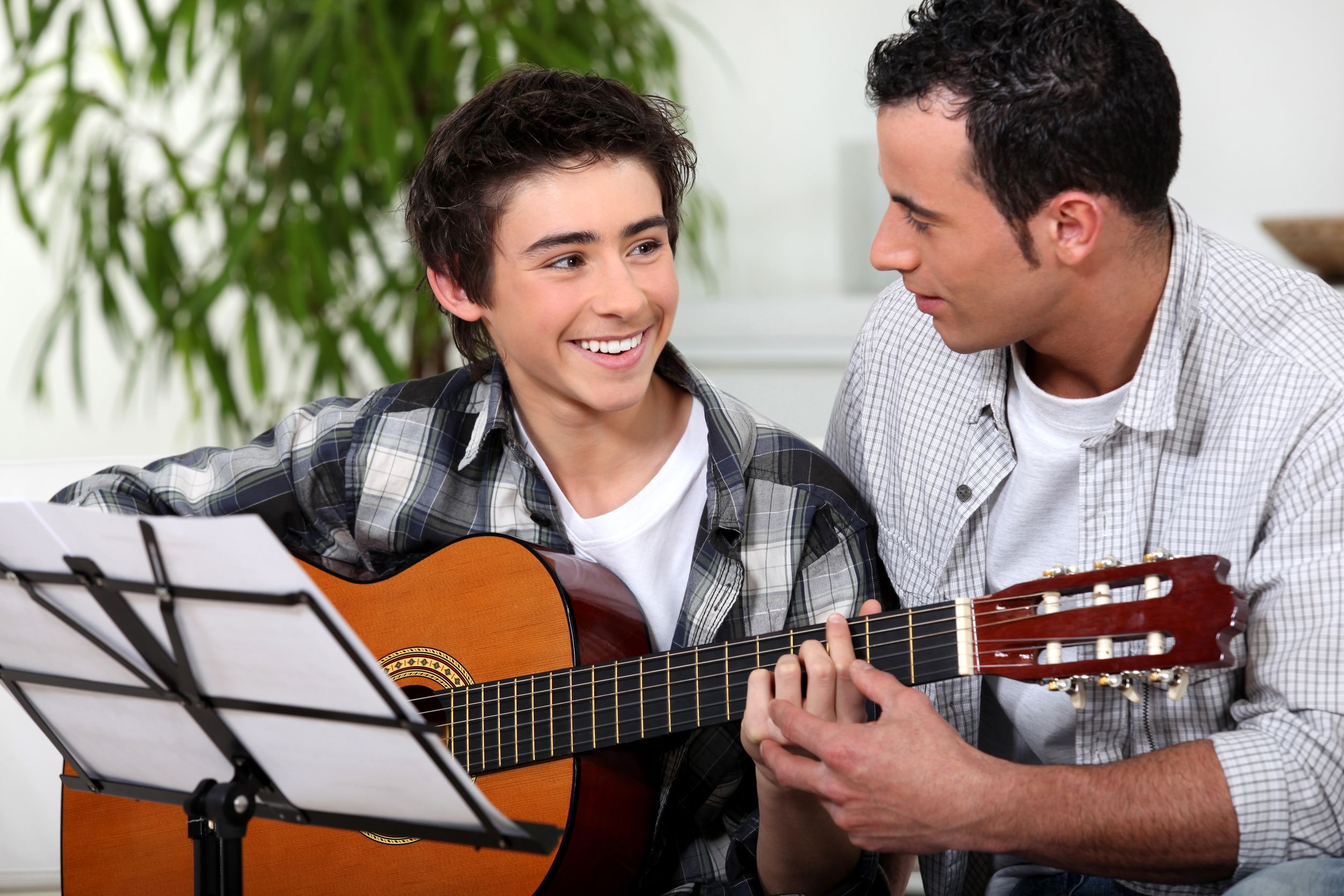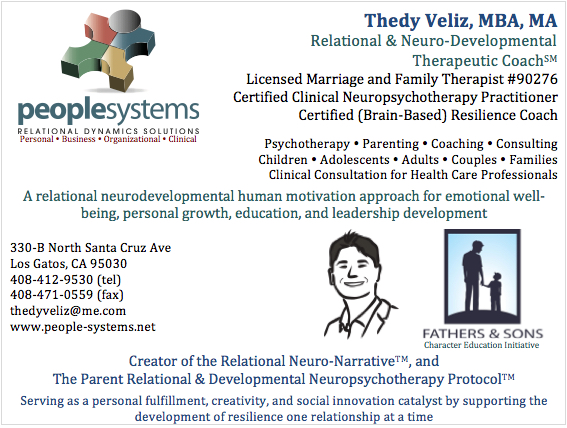Working with Youth: Children, Adolescents, Young Adults and their Families
“We need to take a less narrow look at our children’s problems and, instead, see them as windows of opportunity, a way of exploring and understanding all facets of our children’s development. If we can understand the underlying developmental process, we can see a child’s struggles and signs of striving towards growth instead of chronic problems or attempts to aggravate the adult.”
- Stanley Greenspan, MD.
When using the People Systems Relational & Neuro-Developmental Approach to Human Dynamics, working with children requires that I work with the entire family depending on the developmental needs of the youth. While in most cases parents will request me to see their child or to see the entire family, after an initial assessment I usually begin by working with the parents. There might be a need to have sessions to address challenges particular to individual dyads (e.g., mother and child or child and sibling), along with sessions with the child which I consider to be mostly diagnostic rather than therapeutic as the healing ingredient resides in assisting the parents in strengthening and improving their relationship with their child as a way to reduce the emotional and behavioral challenges being exhibited by the child.
Counselors have at their disposal a myriad of approaches, theories and techniques when attempting to understand and provide relief to the developmental, behavioral, emotional and academic symptoms that motivate parents to seek help for their children. My approach predominantly focuses on understanding what are the emotions that are being communicated by the tantrum, the punching, the ‘oppositionality,’ the substance use, the bad grades, the 'bad attitude,' or the excessive amount of time spent playing video games.

My Challenge
My challenge is to understand what is the story that the child is trying to communicate through his behavior as in many cases children are developmentally unable to express their internal feeling states. Due to the fact that their brain is not fully developed, children are unable to self-regulate (i.e., identify, express, and process) the complex mixture of emotions resulting from their internal feeling states (Siegel & Bryson, 2011). My approach is to help children identify what are the emotions that lie underneath the behavior that has brought them to therapy. In addition, I help the parents to shift their perspective from focusing on the behavior to instead focusing on how they can use children's challenging experiences as a way to get to know their emotional makeup while strengthening and maintaining the relationship with their children.

Advocating for the Child
“Based on my clinical experience and neuroscience research, I have learned to interpret children’s negative behaviors as a necessary part of human development. The child’s development is highly enhanced when parents understand that how they respond to these negative behaviors will determine if these behaviors endure or not. In a nutshell, responding with interventions that soothe the survival part of the brain will directly contribute to the child’s brain being able to develop stronger and more prolific connections between the survival part of the brain and the executive function part of the brain in the prefrontal cortex.”
My job is to advocate for the child by helping the caregivers to understand children in a way that is critical for their overall development. It is my experience that as children feel understood while improving their relationship with their parents; the negative behavior that brought them to therapy starts to dissipate.
Repairing and Strengthening the Relationship
While I work individually with the child and provide coaching for parents to assist them in implementing relational techniques, I strive to eventually help children and their parents come together via family sessions as a way to repair and enhance their relationship. Therapeutic interventions that are learned by the parents during therapy become part of the parents’ toolbox for ensuring the child’s ongoing healthy relational development.
References
- Siegel, D. J., & Bryson, T. P. (2011). The whole-brain child: 12 revolutionary strategies to nurture your child's developing mind. Delacorte Press.
